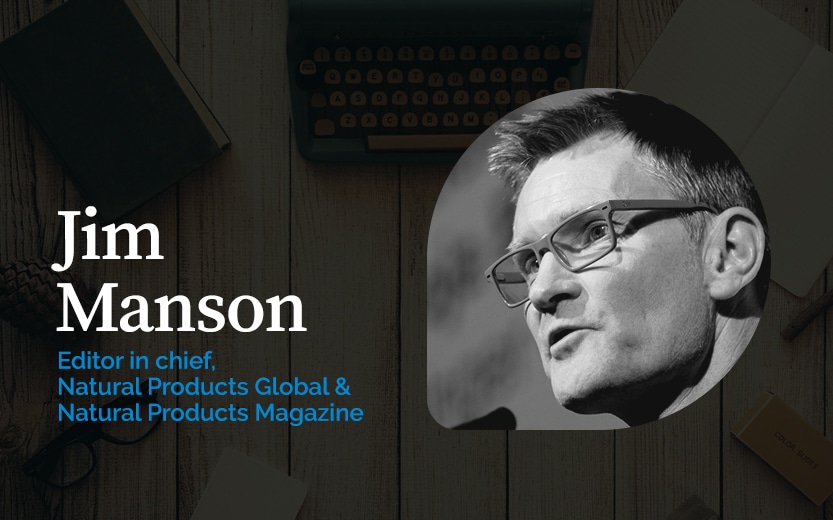In her foreword to the Soil Association’s new strategy paper The Road to 2020, the organic charity’s new director, Helen Browning, writes:
“Over the last 65 years we’ve endeavoured to bring the organic principles of care, ecology, fairness and health into a world seemingly determined to ignore these values and put its faith in over-consumption and unqualified growth.”
On the face of it this doesn’t look like a great place to be either strategically or philosophically. But Browning’s qualifier — “seemingly” — offers immediate clues on the way forward.
‘The world’ (as in “a world seemingly determined to ignore” organic values) is just like the ‘consumer society’, or the pervasive ‘they’ – an illusory label.
Having labels for the people or things we think are opposed to our values might be convenient but they end up being misleading and obstructing progress.
It is better surely to ask how can we communicate our values to ordinary people and their friends and family, than trying to influence an artificial construct.
The question is how do you do it. The answer that the Soil Association has come up with in The Road to 2020 is to “start where the people are”. The logic here is straightforward: if you a going to reach out effectively, you can’t expect people to understand organic principles immediately, you are going to need to understand where they are coming from and then engage them in ways that they can relate to.
Much effort has gone into influencing public opinion on organic in the past. But often this has been done without “starting where the people are”. My guess is that by using this fresh approach, and perhaps applying a bit of humility in the process, we will discover that — at the level of the ordinary consumer and citizen — there is more genuine support for the principles of care, fairness and ecology than we think.
 By Jim Manson
By Jim Manson
Natural Products editor and environment journalist
Jim Manson is editor of Natural Products magazine. He’s written widely on environment and development issues for specialist magazines and national media, including the Financial Times, The Guardian and Time Out.




